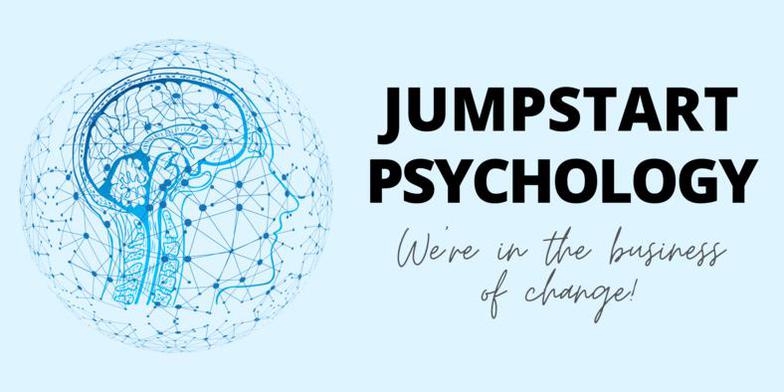Contact us on 0439 662114
What will we do?
Counselling/therapy involves discussing the issues that have brought you in and working out what you want to focus on. We will work on developing thinking and behavioural strategies that help you achieve your goals. We will also discuss what kind of approaches suit your style, for example, you might prefer talking, working with visuals and diagrams or using drawings.
My GP says I need CBT. Do you do CBT?
Yes we do use CBT along with a range of other models and modalities including ACT, Brief Therapy, Person Centred Therapy, IDT, Strengths Based as well as elements of many more such as DBT, motivational interviewing etc. We work with you to try and find a model and approach that fits best for you.
How many sessions will I need?
The number of sessions that people benefit from varies depending on their goals and a variety of other factors such as the type of issue/s that bring them in. Many people underestimate the number of sessions they might need. Research indicates that 80% of people will experience reliable change by session 15. In another study 50% of people had recovered in between 13 and 18 sessions.
What if I don’t think this counselling is working for me?
As a feedback informed therapist (FIT) your feedback is sought at the end of each session. Each session we review the suitability and effectiveness of the counselling being provided and make modifications to suit. If you find you just don’t “click” with your psychologist we can help you find someone who is a better fit for you.
What is the difference between a psychiatrist, a psychologist, and a clinical psychologist?
Psychiatrists are trained as medical doctors and they later specialise and receive extra training in psychiatry. They are able to prescribe medications but not all provide counselling/ therapy. Psychologists have usually been trained in psychology as an undergraduate at university and many have obtained post-graduate training in a speciality area of psychology such as clinical psychology. They are not able to prescribe medication.
If you have any additional questions about counselling or how it is conducted please bring your questions to the first session or phone on 0439 662114 to have your
questions answered.
Frequently asked questions about counselling/therapy
Does counselling/therapy work?
Many studies have found that on average, people who get counselling, particularly for issues such as depression and anxiety, have better outcomes than those who don’t get any active treatment. There is also good evidence to suggest that for some problems, such as depression, counselling works as well or better than medication alone. Many people prefer to access counselling/therapy prior to trying medication. However, everybody’s experience of counselling/therapy is unique and for some people, using medication and counselling together provides them with the best combination.


